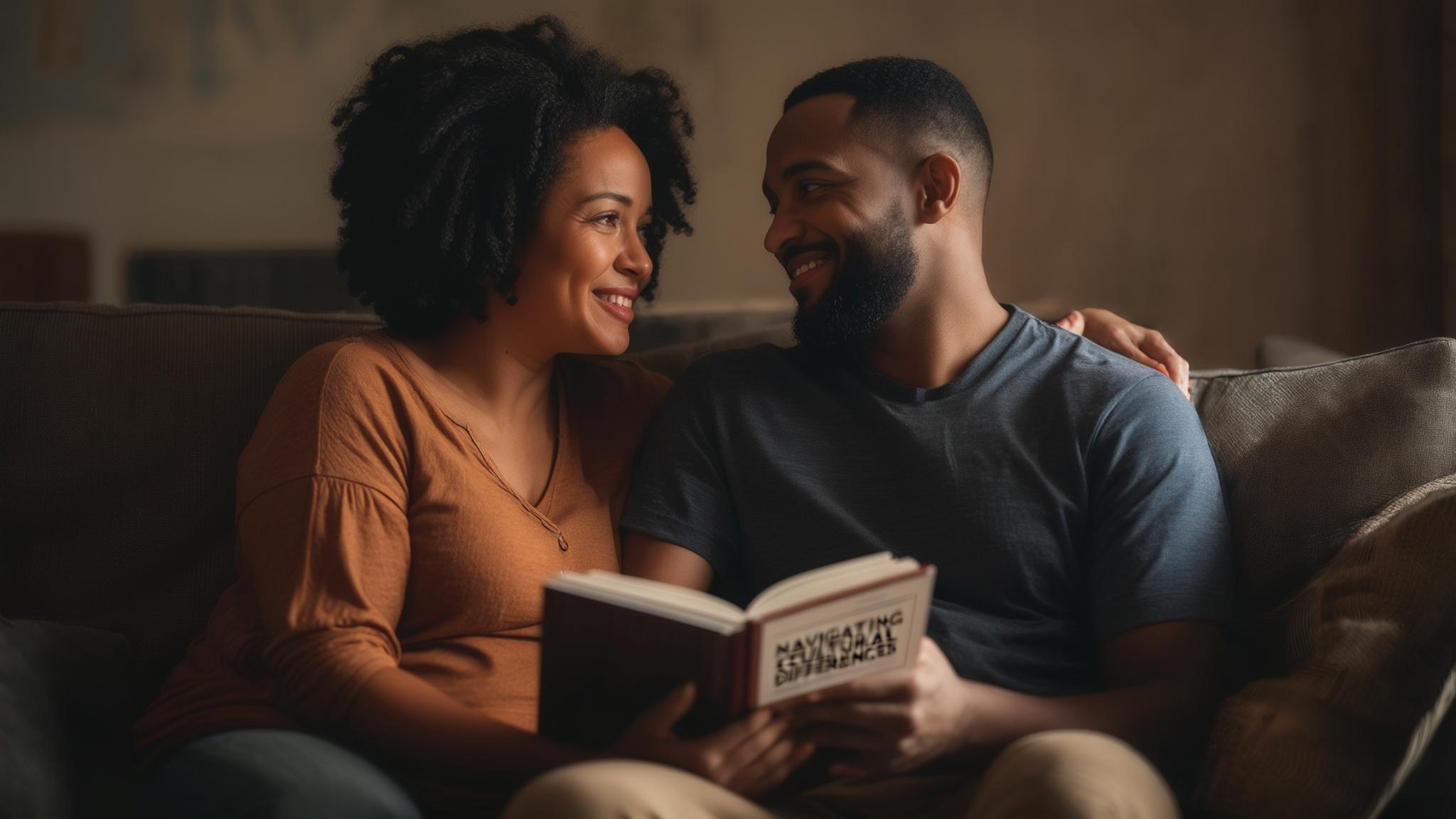Introduction
In today's increasingly diverse world, the landscape of romantic relationships is evolving. Couples from varied cultural backgrounds are coming together, bringing a rich tapestry of traditions, beliefs, and values into their unions. However, alongside this diversity comes the challenge of understanding and respecting each other's cultural differences. This article aims to illuminate the importance of navigating these differences through couples counseling and offers practical strategies for couples looking to strengthen their bond.
I. Understanding Cultural Differences
A. Definition of Culture
-
What is Culture?
Culture is a complex system that encompasses values, beliefs, and practices shared by a group. While it can often be seen as a static idea, culture is fluid and can evolve with societal changes and personal experiences. -
Cultural Dimensions
Different cultures can be analyzed through various dimensions, such as individualism vs. collectivism and distinct communication styles. Individualistic cultures prioritize personal achievements, while collectivist cultures emphasize group harmony and responsibilities.
B. The Role of Culture in Relationships
-
Influence on Expectations
Cultural backgrounds greatly influence expectations within relationships, such as the roles partners assume and how conflicts are addressed. For example, in many cultures, traditional gender roles dictate the dynamics of domestic responsibilities and decision-making. -
Common Cultural Differences Encountered by Couples
Couples often face challenges stemming from family dynamics, generational gaps, and varying practices surrounding love and commitment.
II. The Impact of Cultural Differences on Relationships
A. Communication Barriers
-
Language and Non-verbal Cues
Language differences can create challenges in understanding and expression. Non-verbal cues can carry different meanings across cultures, potentially leading to miscommunication. -
Misinterpretations
Cultural contexts can significantly affect how messages are interpreted. What may be deemed polite in one culture could be perceived as rude in another.
B. Conflict and Misunderstanding
-
Approaches to Conflict Resolution
Different cultures have varying strategies for handling disputes. Some may favor direct confrontation, while others may lean towards avoidance to maintain harmony. -
Cultural Misunderstandings
Misunderstandings in cultural contexts can escalate tensions. For instance, some cultures may perceive silence as agreement, while others view it as disinterest.
C. Family and Social Expectations
-
Family Traditions
Families play a pivotal role in shaping the couple's experience, often bringing their traditions into the relationship, which can create friction. -
Balancing Cultural Norms
Couples must navigate balancing their respective cultural norms, often leading to challenges during significant events or holidays.
III. The Role of Couples Counseling
A. What is Couples Counseling?
-
Definition and Goals
Couples counseling is a therapeutic process aimed at improving relationship dynamics. It provides a safe space for couples to explore their issues with the guidance of a professional. -
Counseling Process
The counseling process typically includes sessions that focus on communication, conflict resolution, and mutual understanding.
B. Benefits of Couples Counseling for Culturally Diverse Couples
-
Expression of Concerns
Counselling allows couples to express concerns about cultural differences in a safe and constructive environment. -
Professional Guidance
Therapists trained in cultural competence can provide invaluable insights into how to navigate differences effectively. -
Tools for Communication
Couples can acquire tools for better communication and effective conflict resolution strategies tailored to their unique backgrounds.
IV. Strategies for Navigating Cultural Differences
A. Open Communication
-
Discussing Cultural Backgrounds
Couples should engage in honest discussions about their cultural practices and perspectives. -
Active Listening Techniques
Utilize active listening to enhance understanding and validate each other’s experiences.
B. Education and Awareness
-
Learning about Each Other's Cultures
Partners can benefit from learning about each other’s traditions, values, and beliefs to foster appreciation. -
Attending Cultural Events
Participate together in cultural events to deepen understanding and appreciation for each other’s backgrounds.
C. Compromise and Adaptation
-
Creating New Traditions
Couples should work toward finding common ground, creating new traditions that honor both cultures. -
Flexibility
Being flexible in cultural practices enhances mutual satisfaction.
D. Seeking Professional Help
-
When to Seek Counseling
Couples should consider counseling when they face recurring issues or find communication increasingly challenging. -
Choosing a Competent Therapist
It’s imperative to select a therapist who understands and respects cultural diversity.
V. Real-Life Case Studies
A. Case Study 1: A Couple from Different Religious Backgrounds
- This couple faced significant challenges regarding religious holidays and practices, but through counseling, they learned to negotiate and respect each other's beliefs.
B. Case Study 2: A Couple with Differing Family Structures
- They implemented strategies discussed during counseling to create a hybrid family structure that honored both backgrounds.
C. Case Study 3: A Couple Navigating Language Differences
- Despite language barriers, this couple improved communication through counseling, ultimately fostering a deeper emotional connection.
VI. Conclusion
Recognizing and respecting cultural differences is crucial for couples, especially in a diverse society. Through counseling, couples can proactively address these differences, paving the way for growth and a deeper connection.
VII. Additional Resources
A. Recommended Books and Articles:
- "The Culture Map" by Erin Meyer
- "Cultural Intelligence" by David C. Thomas
- Articles on The Gottman Institute’s website
B. Websites and Organizations:
- The American Association for Marriage and Family Therapy (AAMFT)
- Culturally Sensitive Counseling Networks
C. Finding a Culturally Competent Therapist:
- Resources through Psychology Today’s Therapist Directory
VIII. Call to Action
Reflect on your cultural differences and consider how they shape your relationship dynamics. Share this article with others who might benefit from understanding how to navigate cultural differences effectively.

